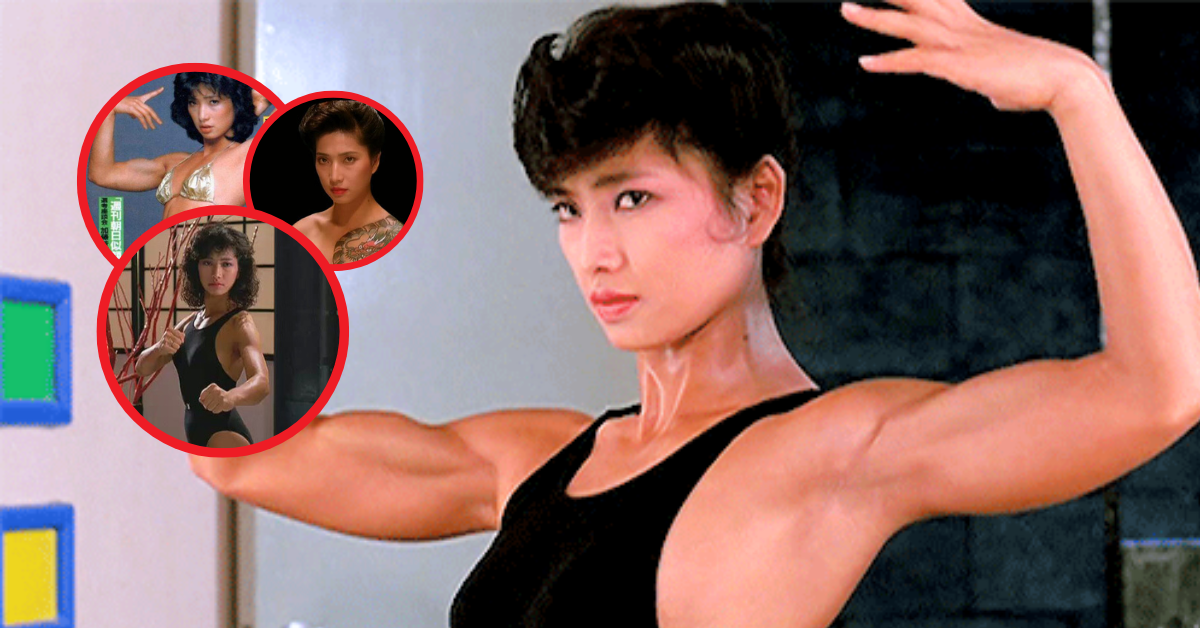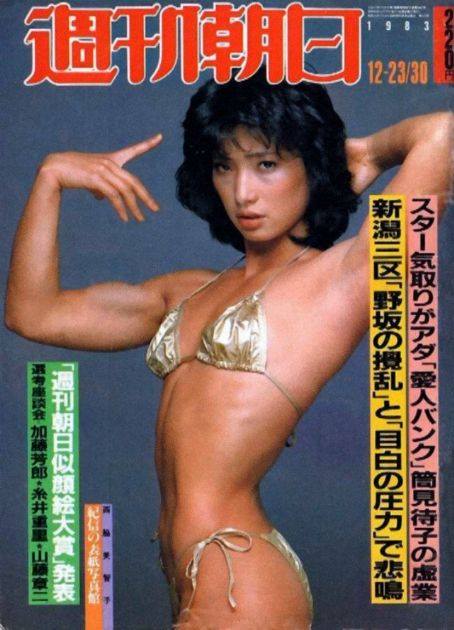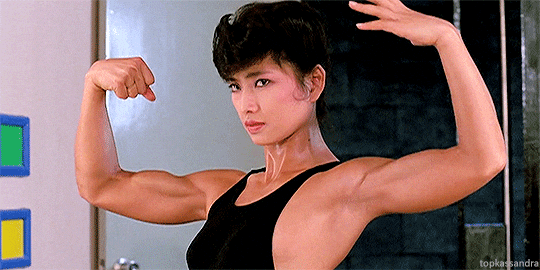
Michiko Nishiwaki’s career spans bodybuilding, martial arts, and action cinema. Born on November 21, 1957, in Japan, she has challenged norms and inspired change in multiple fields. With her action movies, she was a key figure in the martial arts boom era of filmmaking.
Michiko Nishiwaki
Japan’s First Female Bodybuilding Champion
In the early 1980s, Michiko Nishiwaki became Japan’s first female bodybuilding champion. She held the title for three years. Her success came without using performance-enhancing drugs.
At a time when muscular women faced criticism, Nishiwaki showed that strength and femininity could coexist. Her achievements led to a fitness boom in Japan. She opened three gyms and appeared frequently on television.

Martial Arts Expertise
Nishiwaki is trained in several martial arts. She holds a black belt in G?j?-ry? karate and has studied Shotokan karate, wushu, and taekwondo. These skills became central to her film career.

My Lucky Stars
Nishiwaki debuted in the 1985 film My Lucky Stars with Jackie Chan and Sammo Hung. She often played villains and tough female characters in action films. Her roles helped popularize the “girls with guns” subgenre.
Hong Kong Cinema
Her films, such as In the Line of Duty III and Avenging Quartet, highlighted her martial arts and stunt abilities. She became a key figure in Hong Kong action cinema during the 1980s and 1990s.
Hollywood Stunt Career
After her success in Hong Kong, Michiko Nishiwaki moved to Hollywood. She worked as a stuntwoman for stars like Lucy Liu in Charlie’s Angels and Kelly Hu in The Scorpion King. Her stunts appeared in films like Kill Bill: Vol. 2 and Mission: Impossible III.
Nishiwaki broke barriers for women in fitness, martial arts, and film. She inspired more women to pursue strength training and martial arts. Her work brought Hong Kong action styles to global audiences.
